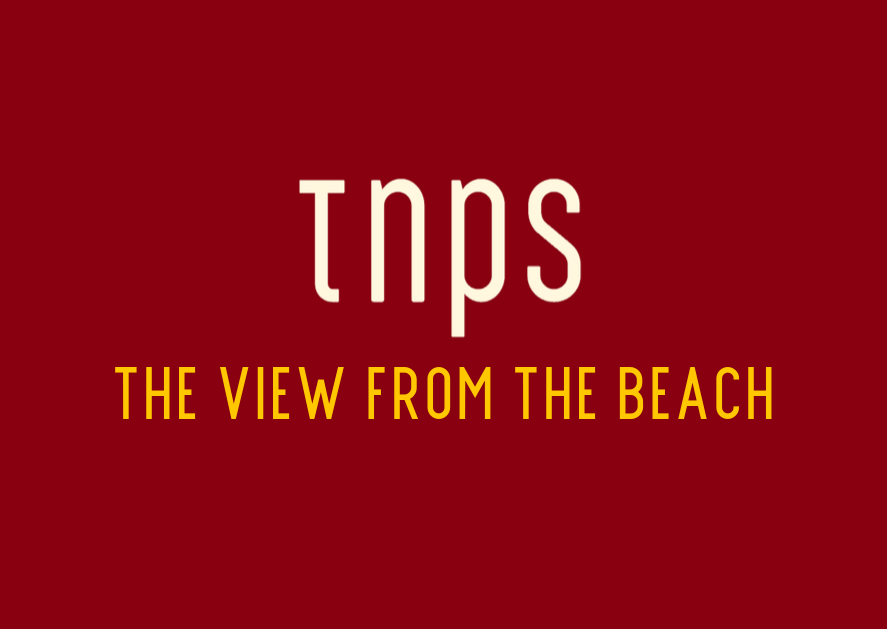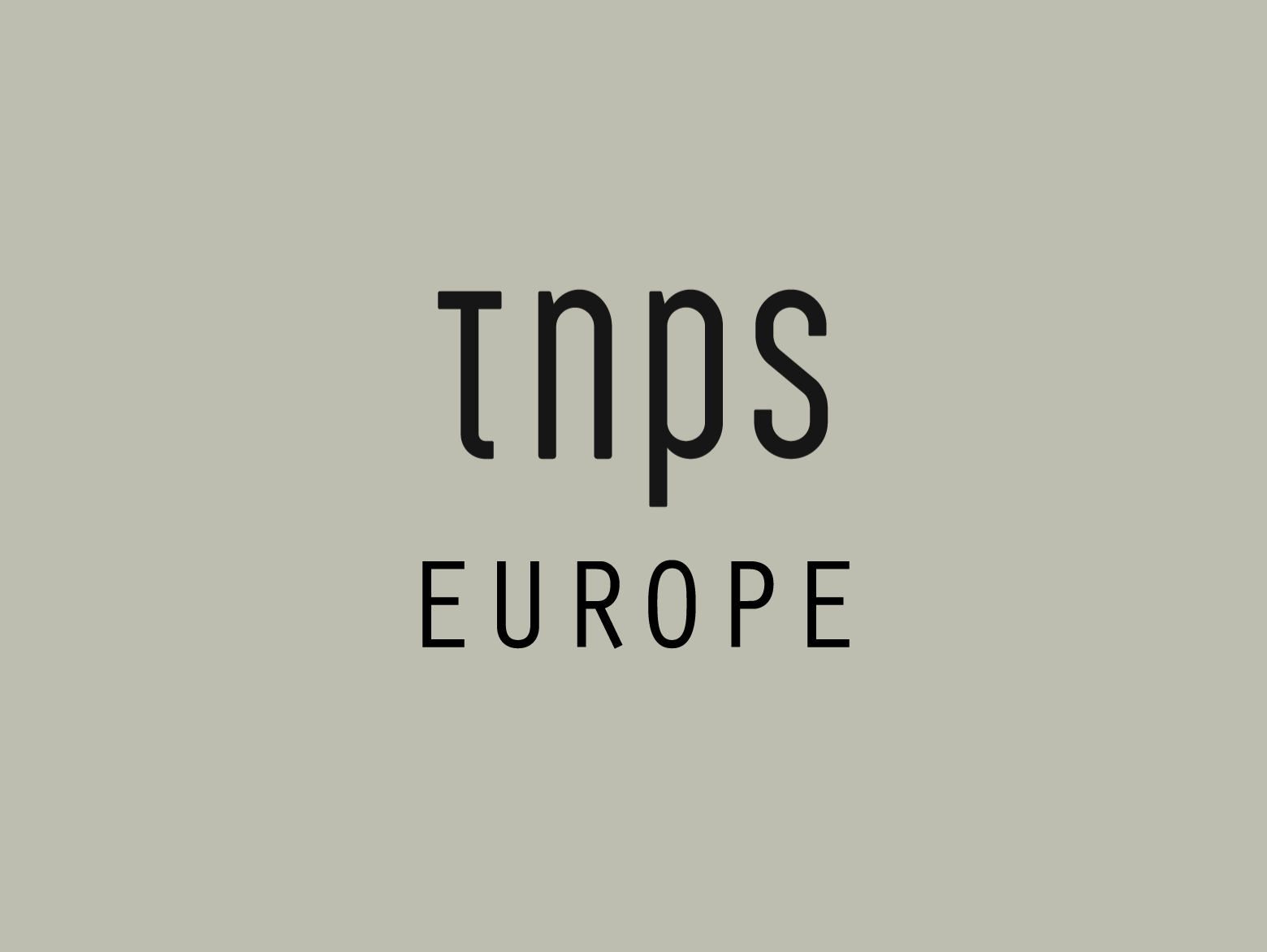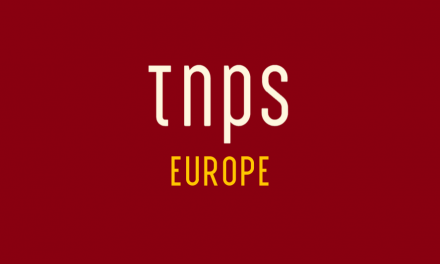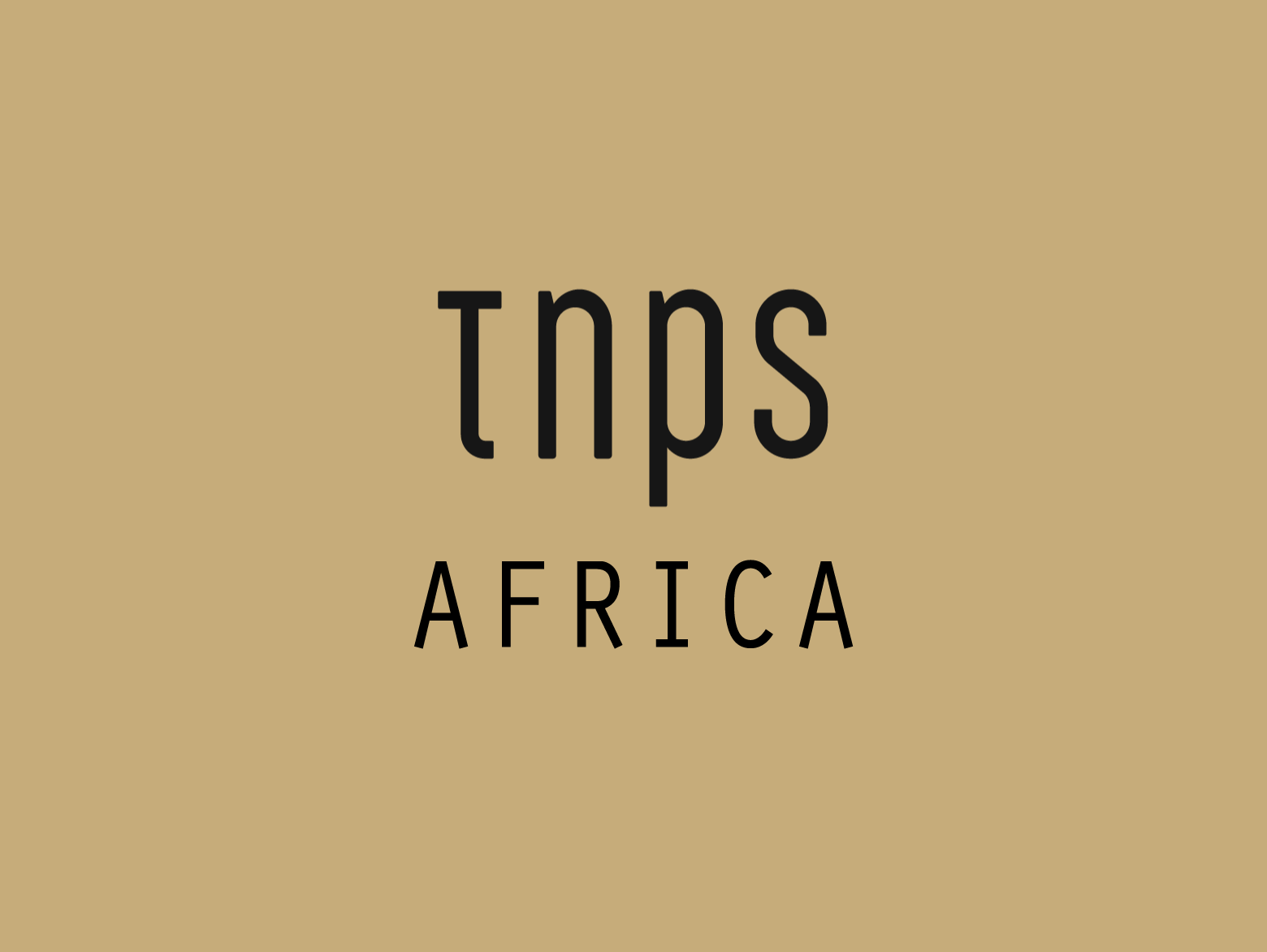Lire, c’est vivre – reading is living – should not become reading carries a strong risk of dying just to keep bookstores open
The latest four week lockdown in France will take effect Thursday at midnight Thursday 29 October, with all non-essential businesses closed and people requiring sworn declarations to leave home. The lockdown is to last “at least” until December 1, smashing bookstore hopes for the Christmas trade.
A joint statement released by the Booksellers Association (Syndicat de la Librairie Française, SLF), the French Publishers Association (Syndicat de l’Edition National, SNE), and the Permanent Council of Writers (Conseil Permanent des Ecrivains, CPE) appealed to President Macron to give bookstores exempt status as “essential”, opined:
Our readers, who are attached to independent bookshops, would not understand it and would consider it an injustice.
The problem being of course that there is no possible way bookstores can be deemed essential when they are selling the same product that will still be available online, and often also in digital format.
The fact that France has more than 3,000 independent bookshops and that there is “extraordinary appetite for reading among the French” is really neither here nor there.
Back in April Publishers Weekly ran a campaign to make books essential in the US, but it got much the same response as in France.
How can one argue the book is essential and needs special measures when the product is readily available, just not in high street stores?
This is not about saving the book, but about saving the bookstores, and undoubtedly important as that is, is it more important than the lives of staff and of consumers that would be put at risk if bookstores were allowed to remain open and booklovers encouraged to stand around in bookstores browsing the shelves to discover new titles or chatting to staff about what the best reads are?
Because at the end of the day it is that social experience that makes bookstores the wonderful places they are. If a reader already knows what book they want then it can be obtained online, or likely in digital format with less risk.
Lire, c’est vivre – reading is living – should not become reading carries a strong risk of dying just to keep bookstores open.
And while publishers have put their weight behind this campaign, perhaps knowing it would not succeed, it’s interesting to contrast to recent reports from the French publishing scene.
We recently heard that the French digital books market is still just 8.7% of total book sales. But that report, although this month, was for 2019.
Compare to the report from the Canada-based French-language digital books distributor that it has just raised $5 million for expansion after a 35% boom in digital book downloads during the last lockdown became a 35% sustained increase between lockdowns.
As I asked here at TNPS a few days ago, as Bloomsbury announced a 60% profits boost thanks to online and ebook sales, just how indispensable are bookstores anyway?
While the French book market is for lots of good and bad reasons less digitally advanced than say the US or UK, one has to wonder how things will look in the summer 2021 as the numbers roll in from two national lockdowns driving French consumers online for print and digital books.






The answer to your question “just how indispensable are bookstores anyway” is, to many authors, “very”. I wouldn’t have been able to grow my career as a children’s writer without the long-term support of booksellers, particularly the independents. Online sales are useful, and in these times vital, but online platforms don’t organise events, school visits, festivals, readings etc, and they don’t hand sell books. They’re great for authors with an existing profile – and as I say, I’m deeply thankful for them at this time – but what price all the others?
Thanks, Natasha. I share your view as an author. I hit the bestseller charts in France years back almost entirely through bookstore sales.
But for big publishers the primary agenda is selling books. Where they are sold is secondary. It’s only the power that Amazon wields that makes online and digital a concern for big publishers.
The point behind the post is that bookstores must do even more if they are to maintain their historic position at the centre of the publishing universe.